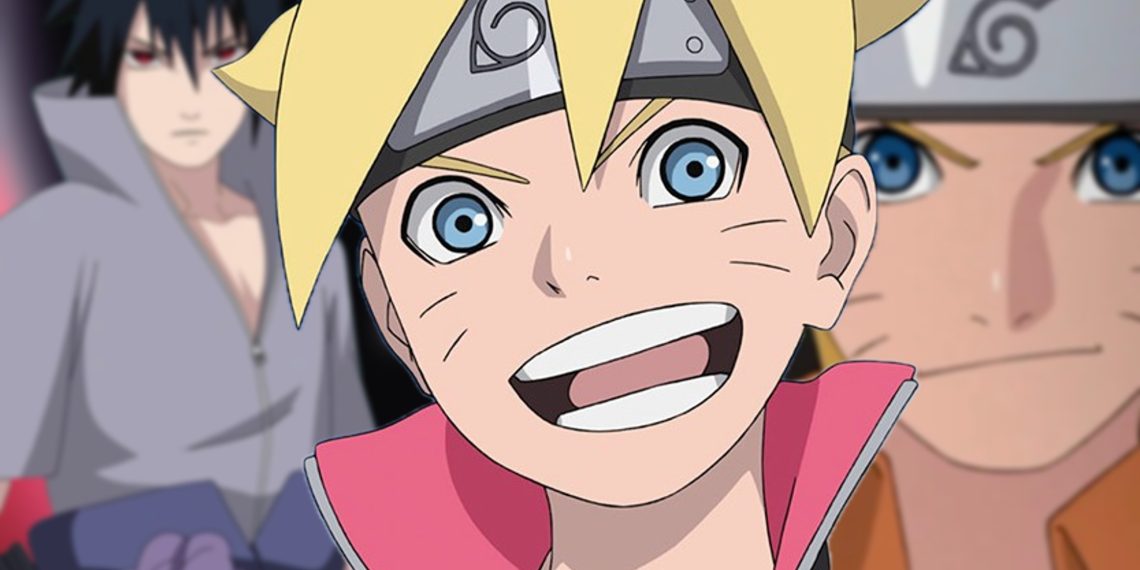In recent months, Boruto has surged in popularity, especially following the Blue Vortex timeskip, sparking intense speculation about the future trajectory of its protagonist. With Eida’s Omnipotence coming into play and Naruto’s son seemingly ensnared in a complex situation, fans are pondering over his motivations, decisions, and the path he’s destined to tread.
One intriguing theory gaining traction within the fandom proposes that Boruto’s journey may draw inspiration from three prominent figures of the Uchiha clan.
While this notion might initially seem far-fetched, it offers a compelling framework for understanding how Boruto could be influenced by the legacies of Sasuke, Obito, and Itachi. Such an interpretation adds depth to his character development and sheds light on his evolution throughout the series.
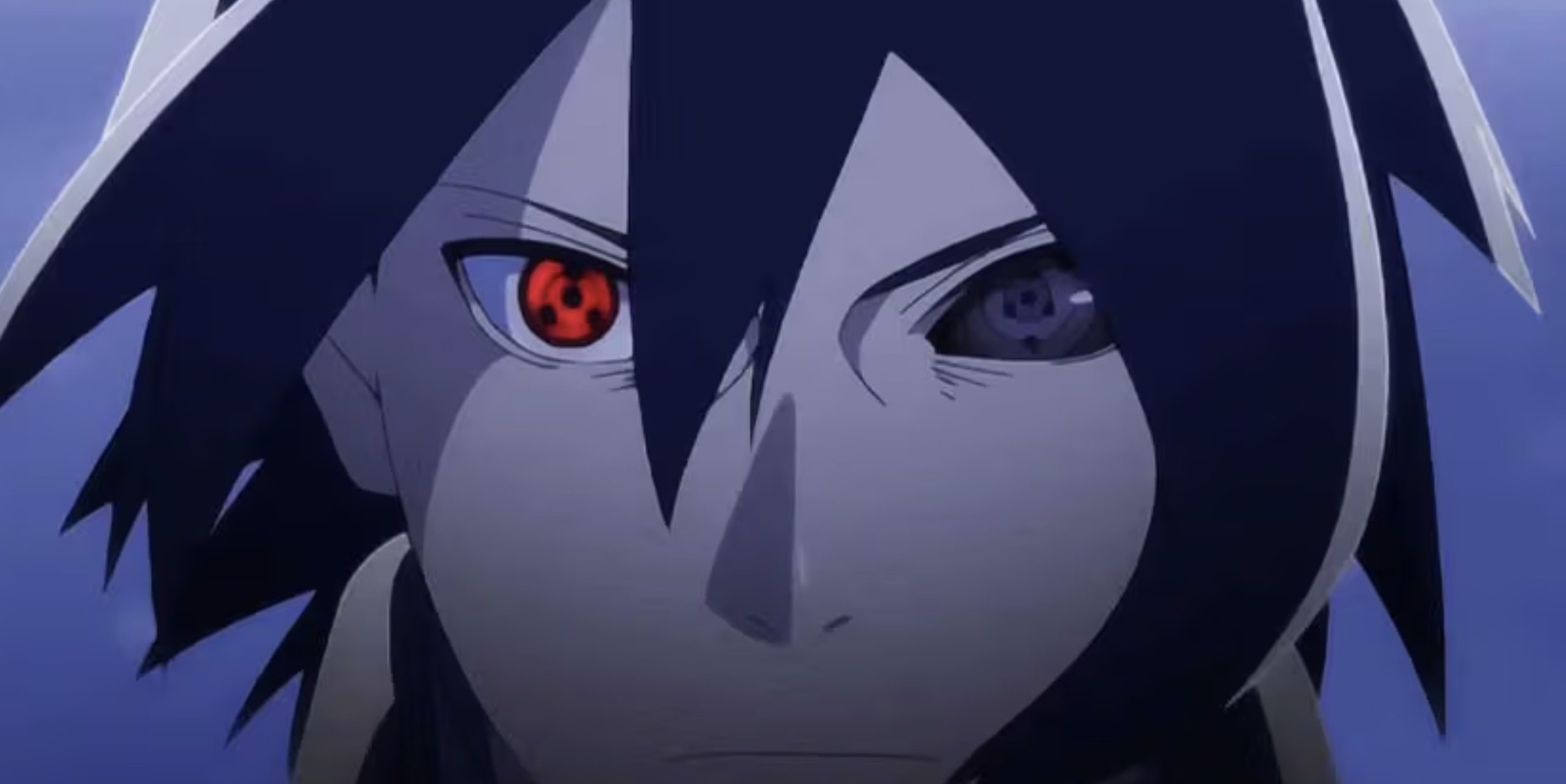
Sasuke, with his complex and often tumultuous journey, represents the struggle for redemption and the consequences of seeking power at any cost. Boruto, like Sasuke, may find himself grappling with the weight of his choices and the legacy of his family name.
Similarly, Obito’s path from idealism to despair serves as a cautionary tale about the dangers of losing sight of one’s principles. Boruto could parallel this trajectory as he navigates the complexities of the shinobi world and confronts the harsh realities that lie ahead.
And then there’s Itachi, whose sacrifice and unwavering dedication to his beliefs left an indelible mark on the Naruto universe. Boruto may inherit Itachi’s sense of duty and selflessness as he confronts challenges that test his resolve and force him to confront difficult moral dilemmas.
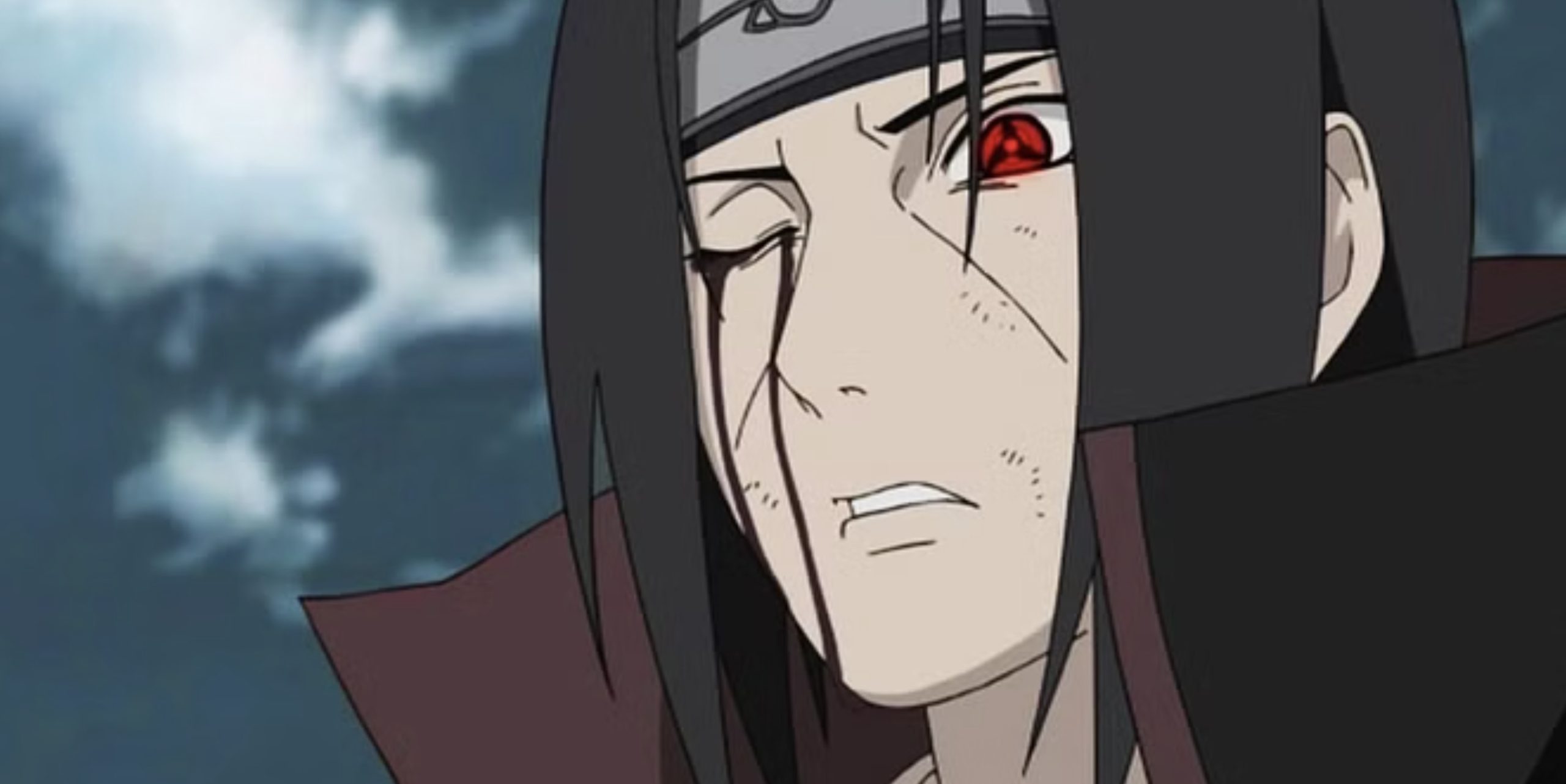
By drawing upon the narratives of these three iconic characters, Boruto’s own journey takes on new dimensions, offering fans a deeper understanding of his character and the trials that await him. While the theory may remain speculative for now, it undeniably enriches the ongoing discourse surrounding Boruto’s evolution and the thematic richness of the series as a whole.
Exploring the Influence of Sasuke, Itachi, and Obito In Boruto
When examining Boruto’s connection with Sasuke Uchiha, it’s evident that the influence runs deep, considering Sasuke served as the protagonist’s mentor, fostering a solid relationship between them.
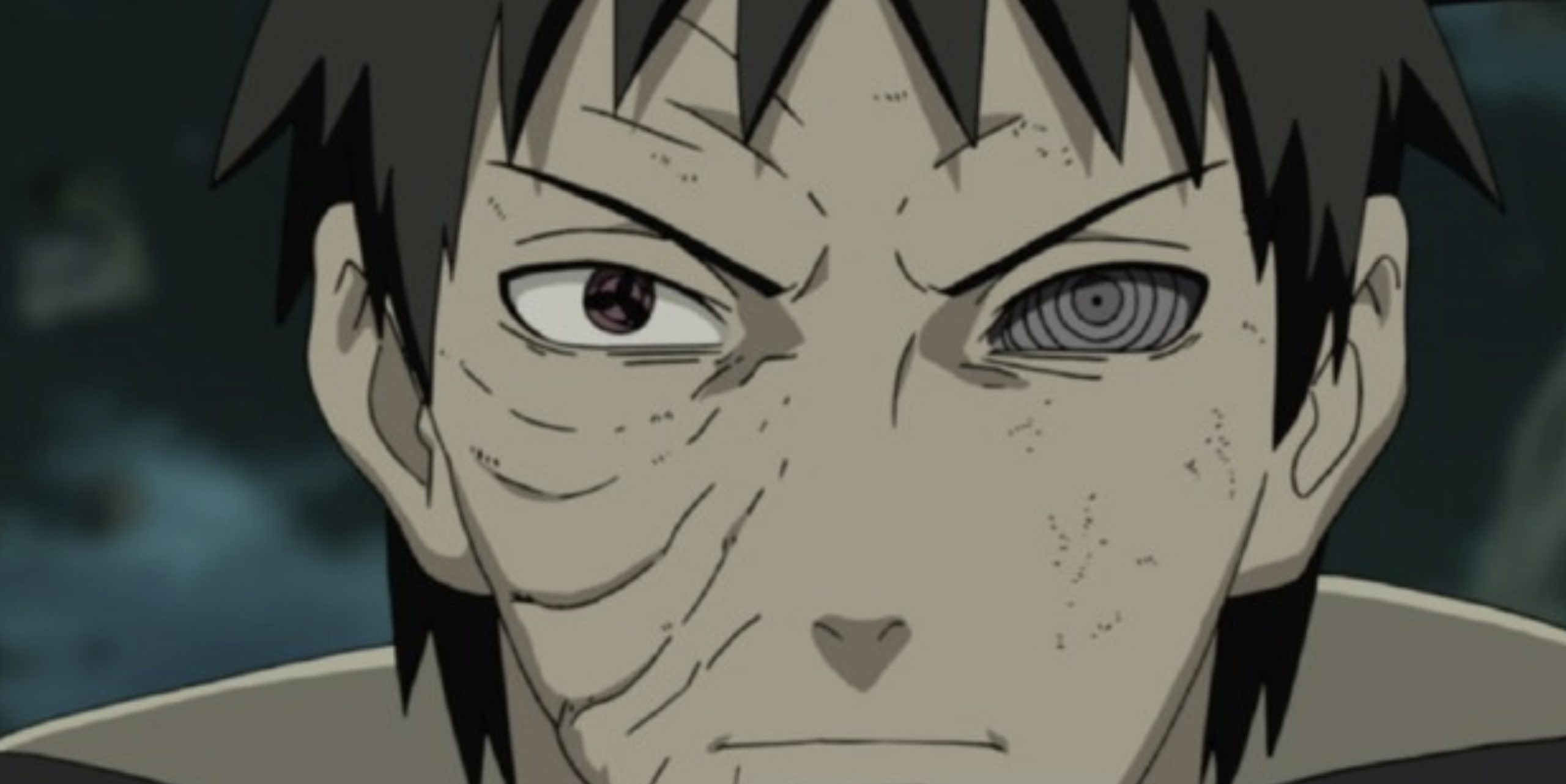
Throughout the sequel, Sasuke has undergone significant growth and has emerged as a paternal figure for Naruto’s son. This bond is illustrated in Boruto’s combat style, which mirrors Sasuke’s penchant for sword fighting, a hallmark of the Uchiha clan. Furthermore, Boruto has adopted some of Sasuke’s mannerisms, further cementing their connection.
In contrast, Boruto’s link to Itachi is more nuanced. While they both share the experience of being portrayed as villains despite their noble intentions, Boruto’s actions are considerably less controversial compared to Itachi’s. Nevertheless, both have been branded as traitors to the Hidden Leaf Village, yet harbor no ill will toward those who pursue them.
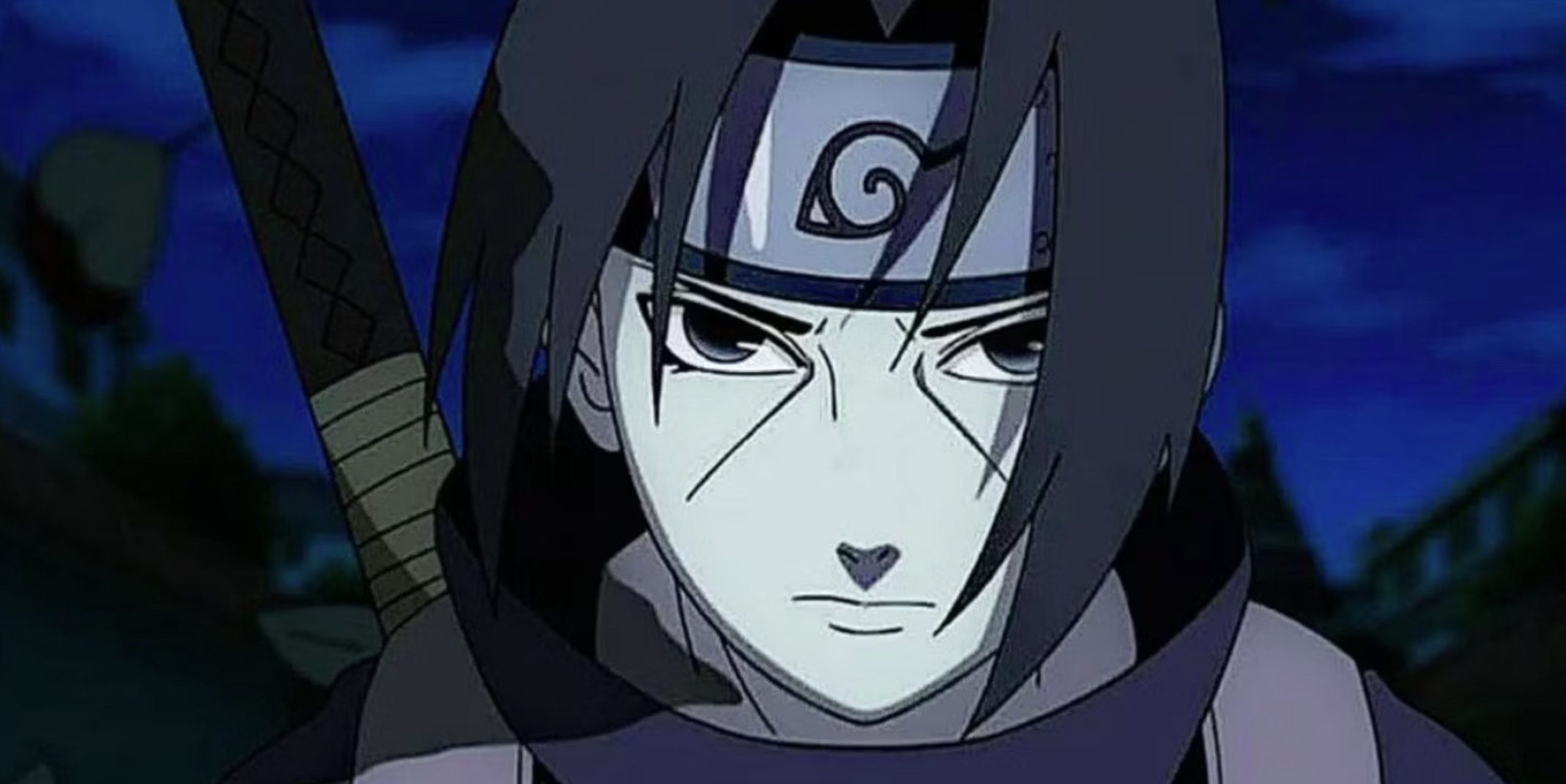
The most intriguing parallel arises in Boruto’s relationship with Sarada Uchiha, drawing comparisons to Obito Uchiha’s connection with Rin Nohara. According to the theory, Sarada’s potential demise at the hands of Kawaki could propel Boruto down a path reminiscent of Obito’s disillusionment with the shinobi world. This narrative development has the potential to significantly impact the series moving forward.
In essence, Boruto’s associations with Sasuke, Itachi, and Obito deepen his character development and add layers of complexity to his journey. From Sasuke’s mentorship to Itachi’s shadowy legacy and Obito’s tragic past, Boruto navigates a web of influences that shape his identity and future. As the series unfolds, these connections promise to unfold new dimensions of storytelling and character exploration.


